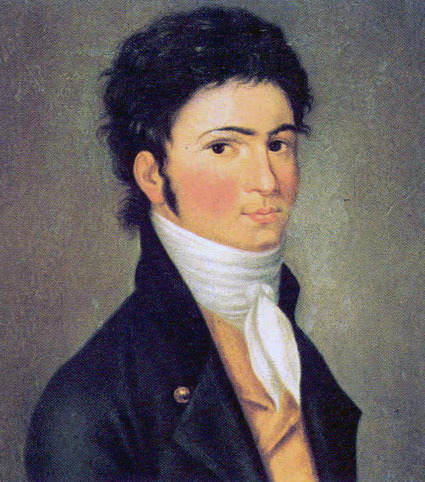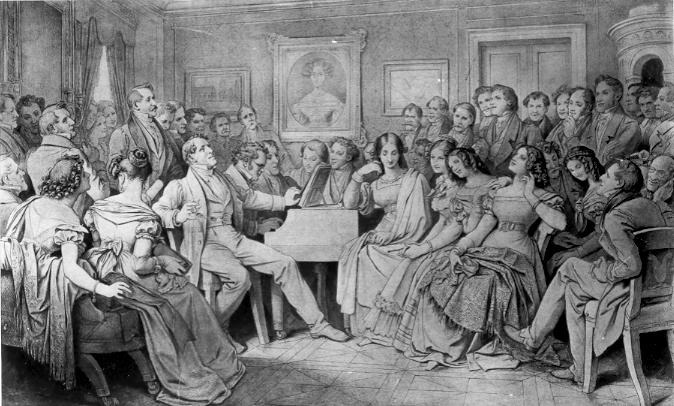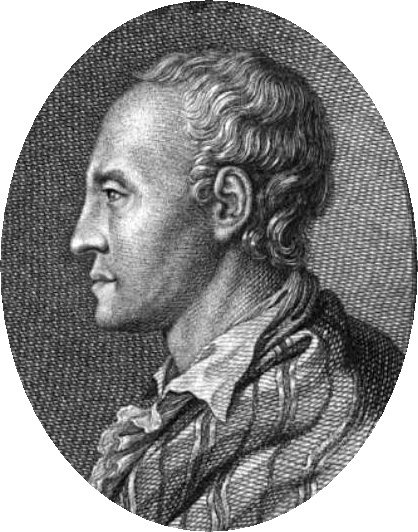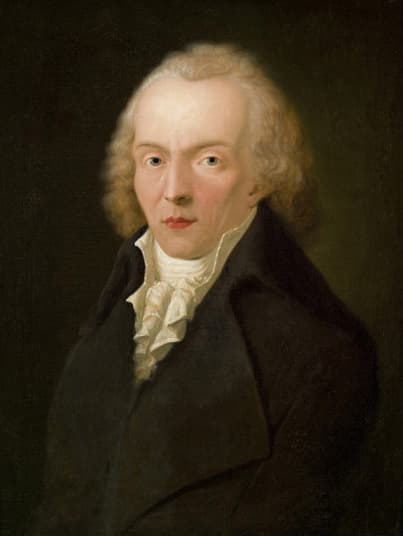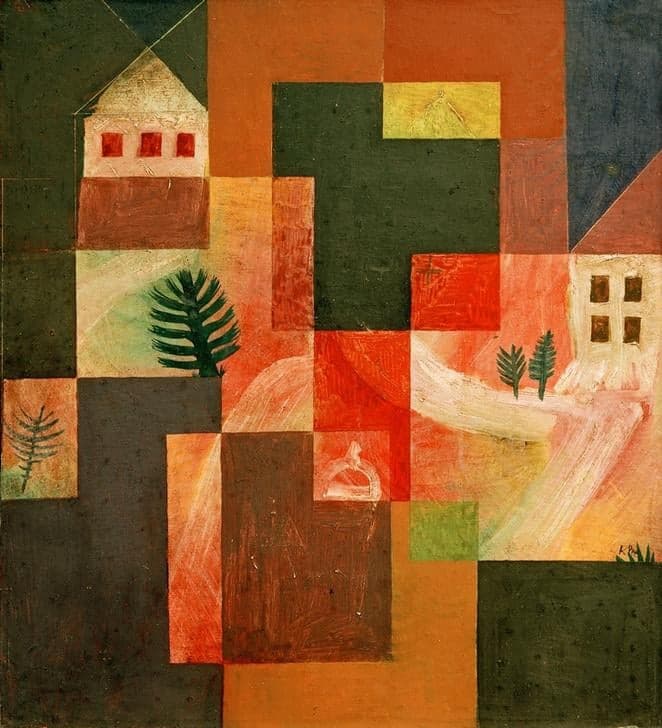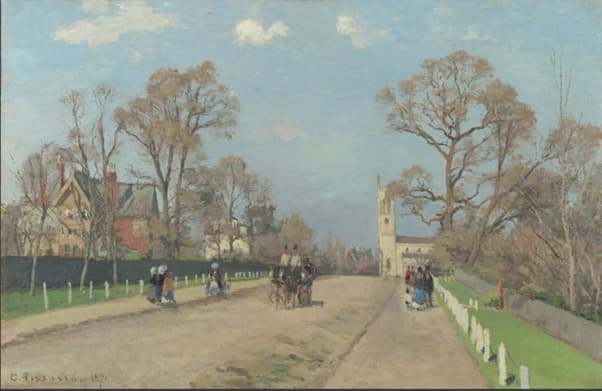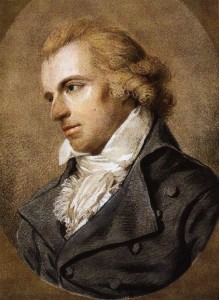
Friedrich Schiller in 1793 or 1794
by Ludovike Simanowiz
Schiller’s An die Freude (Ode to Joy) was written in 1785, published in 1786, and then revised in 1808. It was this 1808 version that Beethoven set, but only after making his own changes, setting only part of the poem and reordering parts of it. Where he used it was in the final movement of his greatest symphony: it forms the choral ending to Symphony No. 9.
The music has taken on a life outside that of the symphony, showing up in all sorts of places: being used in anti-Pinochet rallies in Chile, being played in Tiananmen Square by the students, being played in the concert after the Fall of the Berlin Wall, and being used by flash mobs everywhere.
Hong Kong Festival Orchestra 2013 Flash Mob
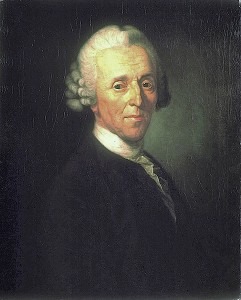
Christian Fürchtegott Gellert by Anton Graff
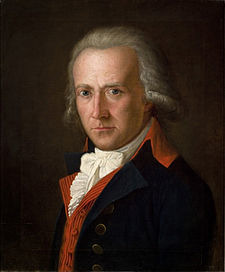
Friedrich von Matthisson (1794) by Ferdinand Hartmann
Beethoven: 6 Songs, Op. 48: No. 4. Die Ehre Gottes aus der Natur (Dietrich Fischer-Dieskau, baritone; Jörg Demus, piano)
To hear Beethoven on a more intimate level, we can look at his setting of Matthison’s poem Adelaide. This isn’t the monumental Beethoven we’re so familiar with, but a Beethoven setting a love song. Adelaide’s image can be seen by the lover in a stream, in the snow, in the clouds, and, if you can listen carefully, you can hear Adelaide’s name no less than 14 times.
Beethoven: Adelaide, Op. 46 (Daniel Behle, tenor; Oliver Schnyder, piano)

